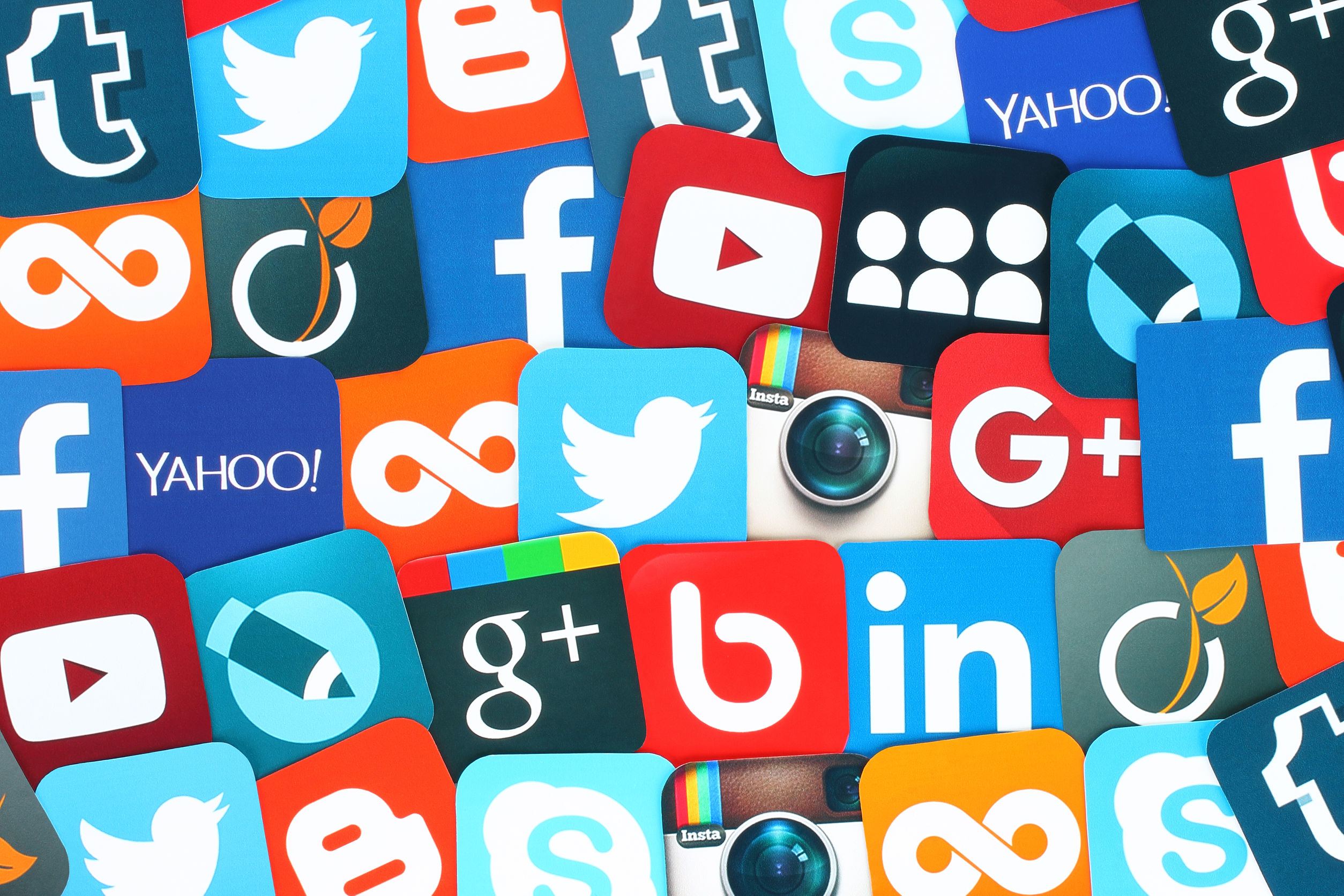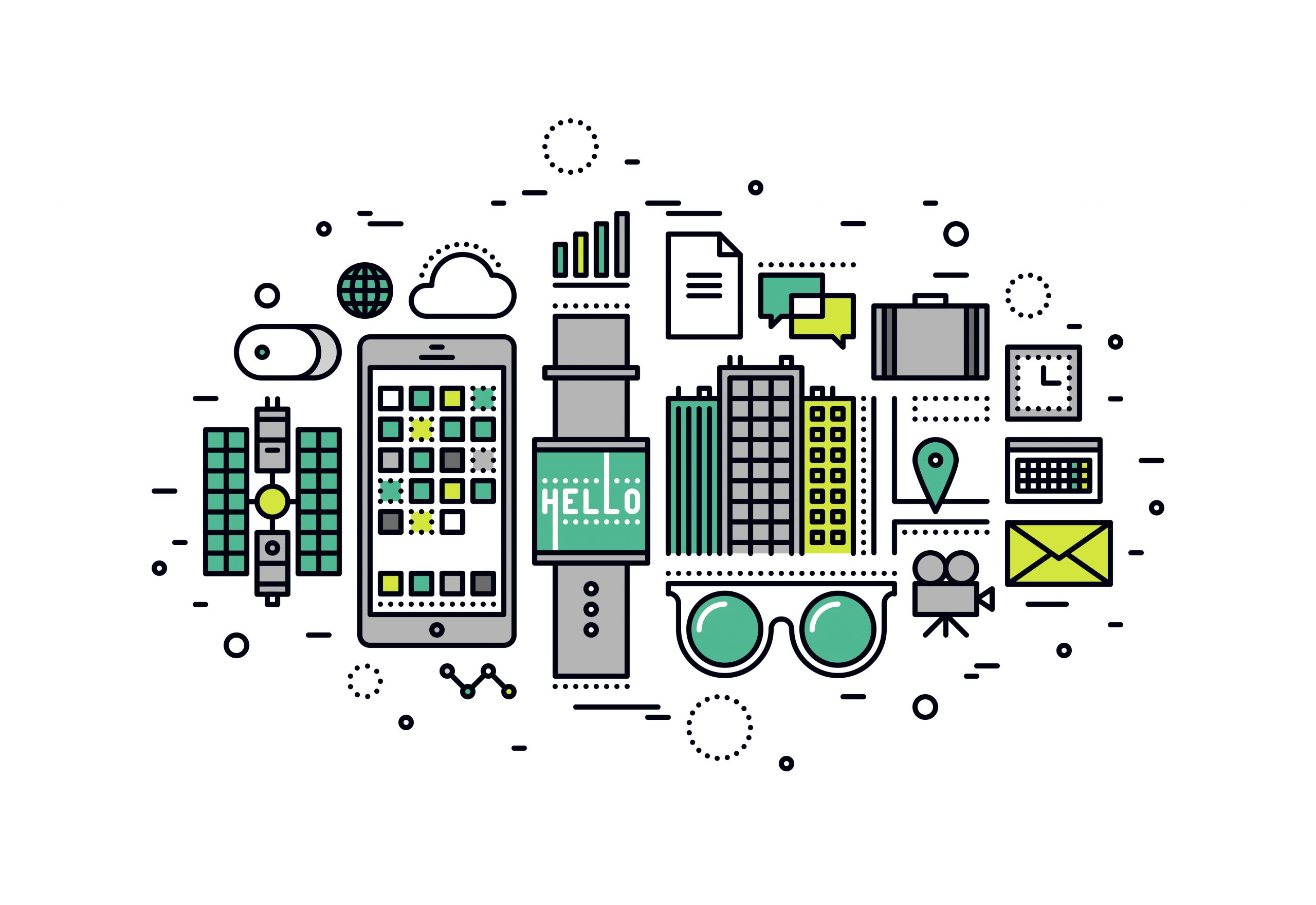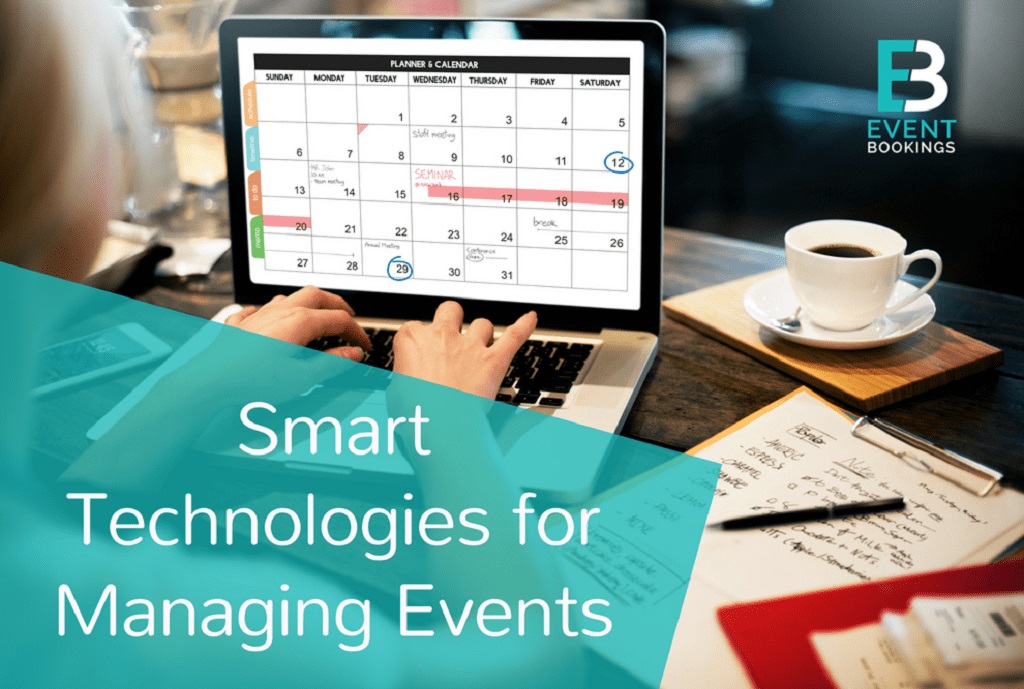A large event takes a lot of effort from many people, money and time to arrange. But if the event doesn’t serve its purpose for the attendees, all the efforts will be in vain. Even the most successful events look a lot like a mess-up until the moment.
To have a competitive edge, event managers are incorporating various modern technologies that can make the planning go a lot smoother and increase the chances of a successful event with the highest client satisfaction.
- Online ticket selling & registration system
- AI and Bots
- Wearable technologies
- Social media platforms
- Modern lighting and visual
- Facial recognition system
- Webcams
- Livestreaming
These technologies are making the work of event arrangers easier in many ways. From arrangement to the successful completion – an event can be viewed from two perspectives. From the organizers’ and the participants’ points of view.
Here’s how the event technologies improve the event experience from the organizers’ perspective.
Data Analysis
Modern technologies such as RFID (radio frequency identification) are useful tools for event organizers to gather qualitative and quantitative data about the events they have arranged.
Information such as which registration method worked the best, how many people attended the event, what worked for the event and which additions were unnecessary for that particular type of event – can provide them with a clear, in-depth view of the nature of the events and the participants.
These types of data will help make future events even more successful.
Hassle-free Event Registration & Ticket Selling
An efficient ticket-selling and registration procedure is a key element of a successful event. A potential attendee can be discouraged from attending the event if your registration or ticket-selling methods are lagging, slow, and require much work.
To make a great first impression, many event management companies use online registration and ticket selling systems. With just a few clicks, a participant can be done with the registration, and another few will ensure their tickets.
Also, the event management company will be free from a lot of work that needs to be done to sell tickets and manage the registration of hundreds manually and, in some cases, thousands of participants.
Can’t decide on a ticket pricing model for your upcoming event?
Go through the Event Ticket Pricing Strategy Checklist now
Effective Marketing in Social Media
We live in an era where social media influences pretty much every aspect of our lives, from the food places we go to the events we want to attend. Proper and strategic marketing on social media platforms can greatly increase ticket sales, making your event an instant hit.
Researchers show general people and even professionals trust the information they receive on social media as much as any other mainstream media.

A well-managed and properly circulated event page on platforms like Facebook or Twitter can create a general interest among the potential participants, and they are most likely to attend your event if they see other people from their circle attending the same event.
Additionally, providing vital events-related information such as ticket prices, location directions, and a list of key speakers or special guests on these platforms is much easier.
Bonus! Check out our mega list of How to Strategically Use Social Media for Event Marketing
The Impact of Wearable Technologies
A big chunk of event management works is associated with venue and location selection (traffic conditions, parking facilities, accessibility), food and beverage selection, guest travel directions, security concerns, connectivity, etc.

Wearable technologies such as the Apple Watch or Samsung smartwatch can have a revolutionary impact by simplifying all these for the event management team. These devices will help you keep track of your team members and make it simpler to contact them.
Imagine a big hall full of people or a concert where it’s practically impossible to pick up a phone call. Smart bands can be a real lifesaver in these cases by facilitating quick and easy communications.
Artificial Intelligence at Work

While arranging an event, the organizers must answer a thousand questions regarding the venue, direction, time, ticket price, major attractions, facilities, amenities, etc.
These can cause a distraction in the overall preparation of the event. That’s why many event managers include chatbots and artificial intelligence (AI) into their event apps. Most of the FAQs can be handled by the AI for the organizers, and they can concentrate more on the other factors associated with the event.
Creating Powerful Visuals
For meetings and seminars, the right ambience is very essential. Incorporating modern lighting systems such as LEDs in your event will provide the perfect brightness needed and help create a pleasant environment for the speakers and the attendees.
On the other hand, if you are arranging a concert, you will need some powerful visuals produced by modern lighting to entertain the audience. Digital equipment like projectors, sound amplifiers, and webcams will also enhance the attendees’ experience.
Making the Event More Secure and Social
You can now live-stream your event to thousands of people around the world. Webcams have made recording and broadcasting your program easy, gaining more social interaction and increasing the event’s appeal to a larger audience.
Thanks to face recognition technology, your event is now also more secure. It’s easy to automatically match the attendees with the pictures they provided during the registration. Thus, you can ensure no intruder gets into your perfectly managed event.
The ultimate goal of implementing modern technologies at work is to make the management procedure easier and smoother, not the other way around.
So, let your staff and crews be familiar with the tools long before you bring those into action. Otherwise, with a team of not-so-tech-savvy staff, the entire purpose of using technologies for event management will likely fail.




